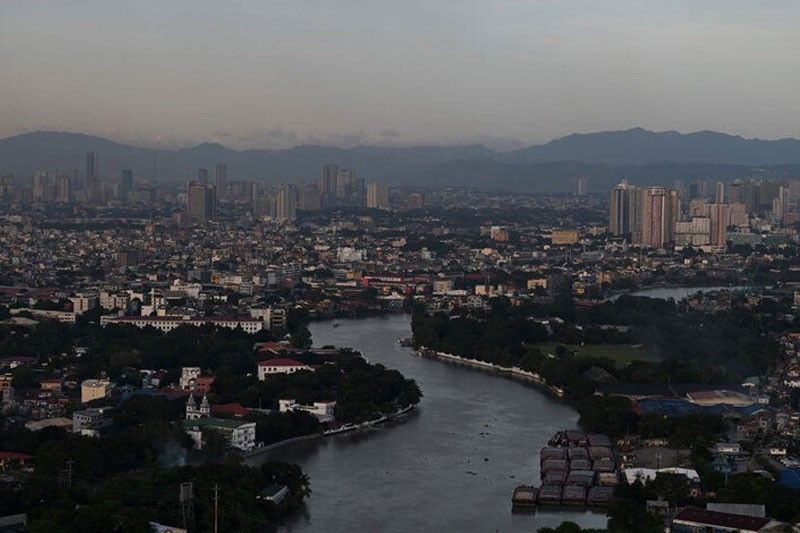Budget hike urged to address climate change

MANILA, Philippines — The Philippine government is being urged to encourage green lending and investments to make funds available to fight climate change, the Asian Development Bank (ADB) said.
In the latest blog of the multilateral lender, ADB infrastructure specialist Naeeda Crishna Morgado and ADB energy specialist Diana Connett said that as the Philippines is one of the countries most vulnerable to climate change, being hit by an average of 20 typhoons per year and affected by extreme floods, it would need substantial financing to address the challenge.
With the Philippines setting one of the most ambitious targets among Southeast Asian countries by committing to cut 75 percent of its emissions by 2030 and to accelerate efforts to adapt to a changing climate, but only having 2.7 percent of the target to be financed through the public budget, the ADB specialists said achieving the goal would depend on financing the country’s climate program.
“We need action on five fronts to unlock the financing needed,” they said.
Among the recommendations by the ADB specialists include seeking a higher budget for climate action.
“Effective government budgeting is key to building institutions, as well as the teams of people needed to convert climate ambition into action…Maintaining and increasing budget allocations — from the 6.27 percent of the annual budget allocated for climate resilience in 2021 — will be critical,” the ADB specialists said.
They also cited the need to mobilize international climate finance to support the country’s climate ambitions.
“A pipeline of projects needs to be built, and project sponsors need more capacity to mobilize funds, design projects and engage investors,” the ADB specialists said.
In addition, there should be efforts to encourage banks to finance green initiatives.
“The central bank, Bangko Sentral ng Pilipinas, and other financial regulators have put in place a suite of policies to integrate environmental, social and governance issues into banking practice; encourage green lending; and support banks considering how climate risks affect their lending. Banks and financial institutions need greater capacity to take on this agenda,” the ADB specialists said.
The government is likewise being urged to attract private investors in clean energy projects.
“Investment in geothermal, solar and wind projects can be unlocked by updating regulations and putting in place the right incentives to help address investment risks,” the ADB said.
Lastly, the ADB specialists said local governments need to be mobilized to take action by increasing their awareness, know-how and capacity to implement climate change programs.
“There is a clear message coming out of the United Nations COP27 Climate Change Conference in Sharm El-Sheikh: the world has until 2030 to take the necessary action to limit global warming or else it will be too late.
The clock is ticking for the Philippines, and the money needed for climate action cannot be mobilized fast enough,” the ADB said.
- Latest
- Trending
































